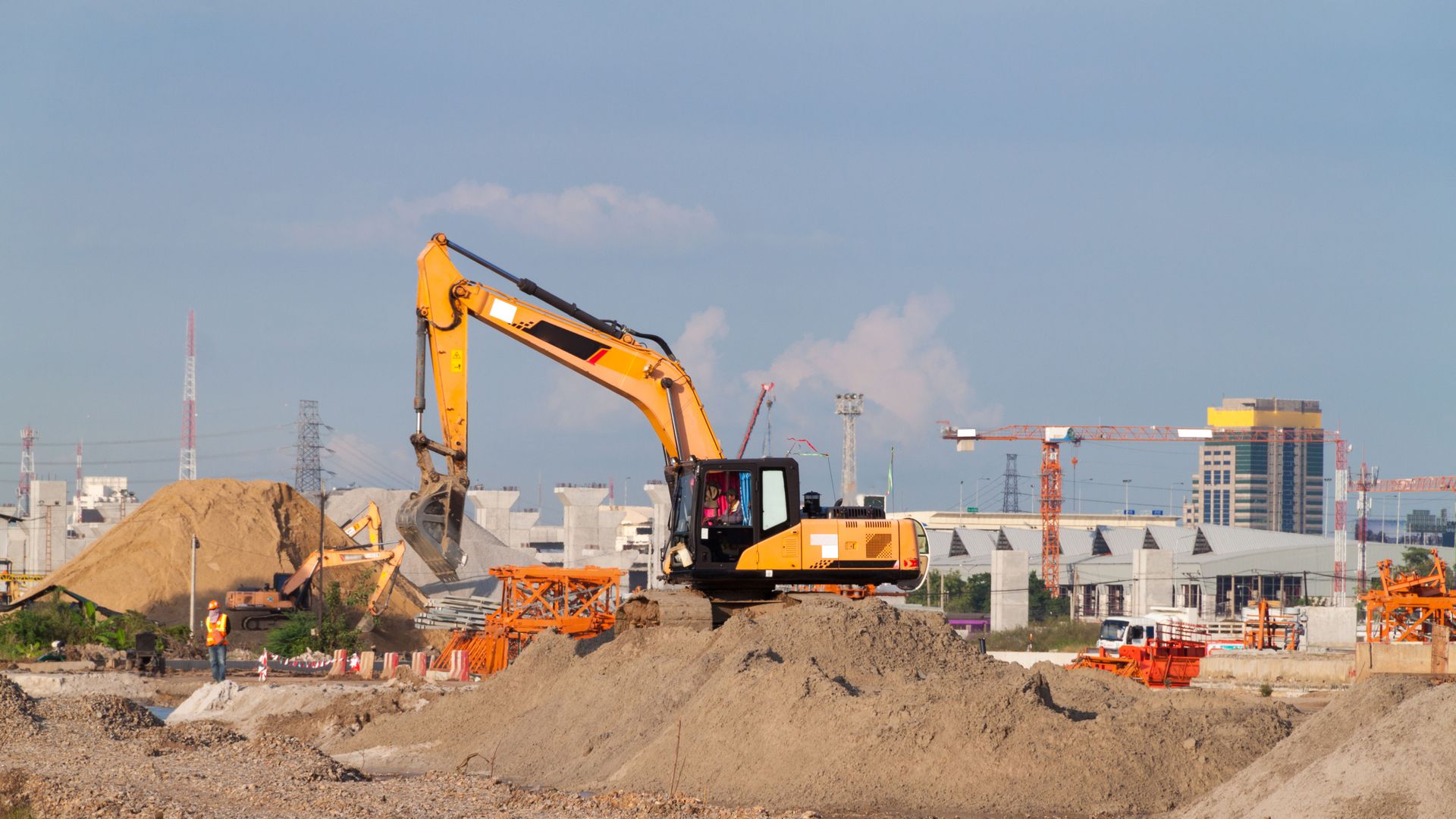3 Safety Tips for Your Next Crane Rental
Crane rental is an incredibly beneficial resource for construction projects, allowing for large-scale lifting and movement of materials. However, operating such heavy machinery comes with its inherent risks. Ensuring safety during crane rental and operation requires meticulous planning, adherence to protocols, and understanding of potential hazards. In this guide, we explore essential safety tips to keep in mind during your next crane rental, focusing on human error, equipment checks, and environmental considerations.
1. Recognize the Potential for Human Error
Firstly, it is crucial to address human error, which accounts for a staggering 90% of crane accidents, according to Block O'Toole & Murphy, an online legal resource. Proper training of crane operators is non-negotiable; operators should be certified and regularly updated on safety protocols. Crew members should also be fully briefed and trained in emergency procedures. Clear communication between the crane operator and the ground crew is key to preventing expensive and potentially hazardous mistakes.
2. Maintain Regular Equipment Checks
In addition to addressing human factors, regular equipment checks are of paramount importance. Before renting a crane, ensure the machinery is in perfect working order. Inspections conducted before renting a crane should verify that brakes, gears, and emergency systems function as intended. Look for rental services that conduct thorough inspections and maintenance. Once on-site, daily inspections by the crew can catch any new or developing issues, reducing the risk of unexpected failures.
3. Consider the Environmental Conditions
Lastly, consider the environmental conditions that could impact crane operations. Weather plays a significant role, as high winds and heavy rain can increase the risk of accidents during lifting. Plan operations around favorable weather forecasts whenever possible to minimize these risks. Additionally, assess the terrain to ensure stability for the crane; uneven or unstable surfaces can lead to tipping hazards. Carefully laying down proper ground mats or rigging foundations can stabilize the crane, ensuring safe operations.
Safety during crane rental requires comprehensive planning, adequate training, routine equipment checks, and consideration of environmental factors. By addressing these critical areas, the potential for accidents can be significantly reduced, protecting both workers and the project. Being diligent and proactive not only prevents unwanted incidents but also ensures the efficient completion of your project timelines. For more information on crane rentals, contact Russ Erlinger Crane Service today!
Learn More About
Russ Erlinger Crane Service
Serving the Southern Illinois, St. Louis, MO and the Midwest, Russ Erlinger Crane Service specializes in crane rental and rigging services. 24/7 emergency hours. Various industry memberships and certifications. Safety is our top priority. Call us today.
Serving Area
Southern Illinois
St. Louis, MO
and the Midwest
and surrounding areas
Business Hours
- Mon, Fri
- -
- Tue - Thu
- -
- Sat - Sun
- Closed


Share On: